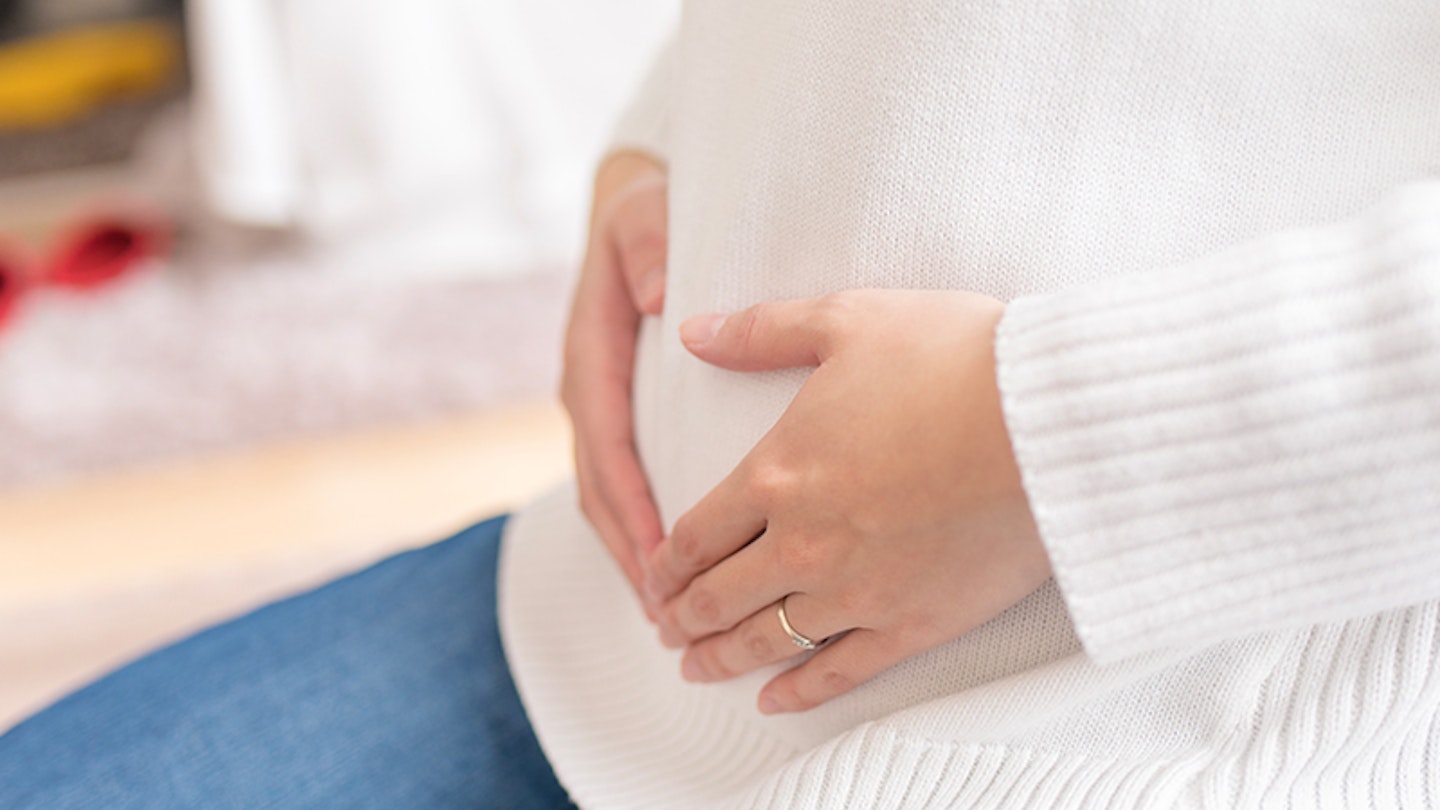Pregnant women can experience cramps in their lower abdomen early on in their pregnancy. Though everyone's body is different and works differently and they will be going through some physical changes very early on.
If you experience a mild pain that goes away when you change position, the NHS says to have a rest, do a poo or pass wind.
The NHS says these pains are usually nothing to worry about, but they can sometimes be a sign of something more serious that needs to be checked.
This pain could be caused by:
Causes of cramp in pregnancy
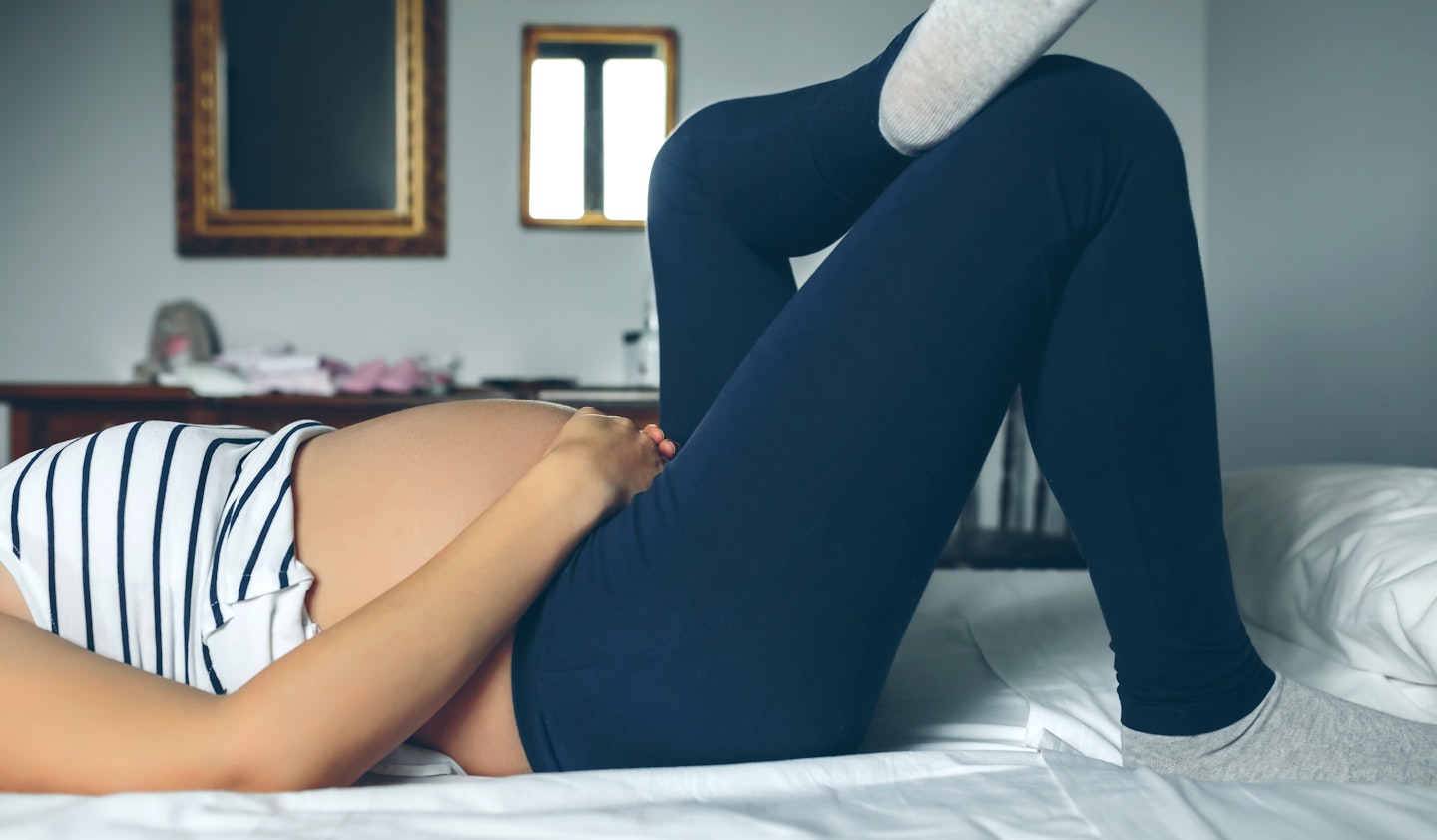 1 of 5
1 of 51) Ligament pain
Also known as "growing pains" could be causing some cramping pain. This can feel like a sharp cramp on one side of your lower tummy.
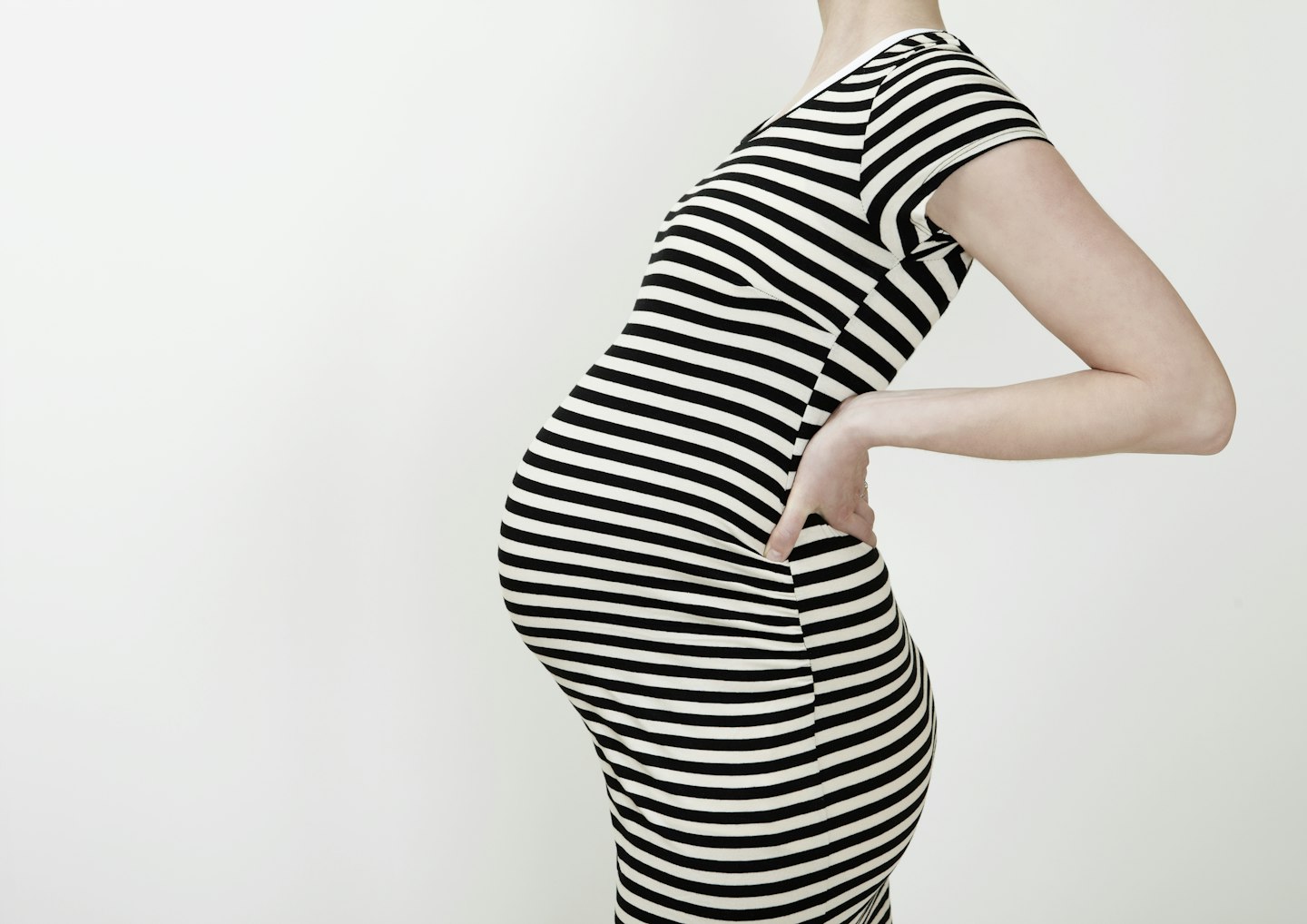 2 of 5
2 of 52) Constipation or wind
It could be down to constipation or trapped wind which is very common during pregnancy.
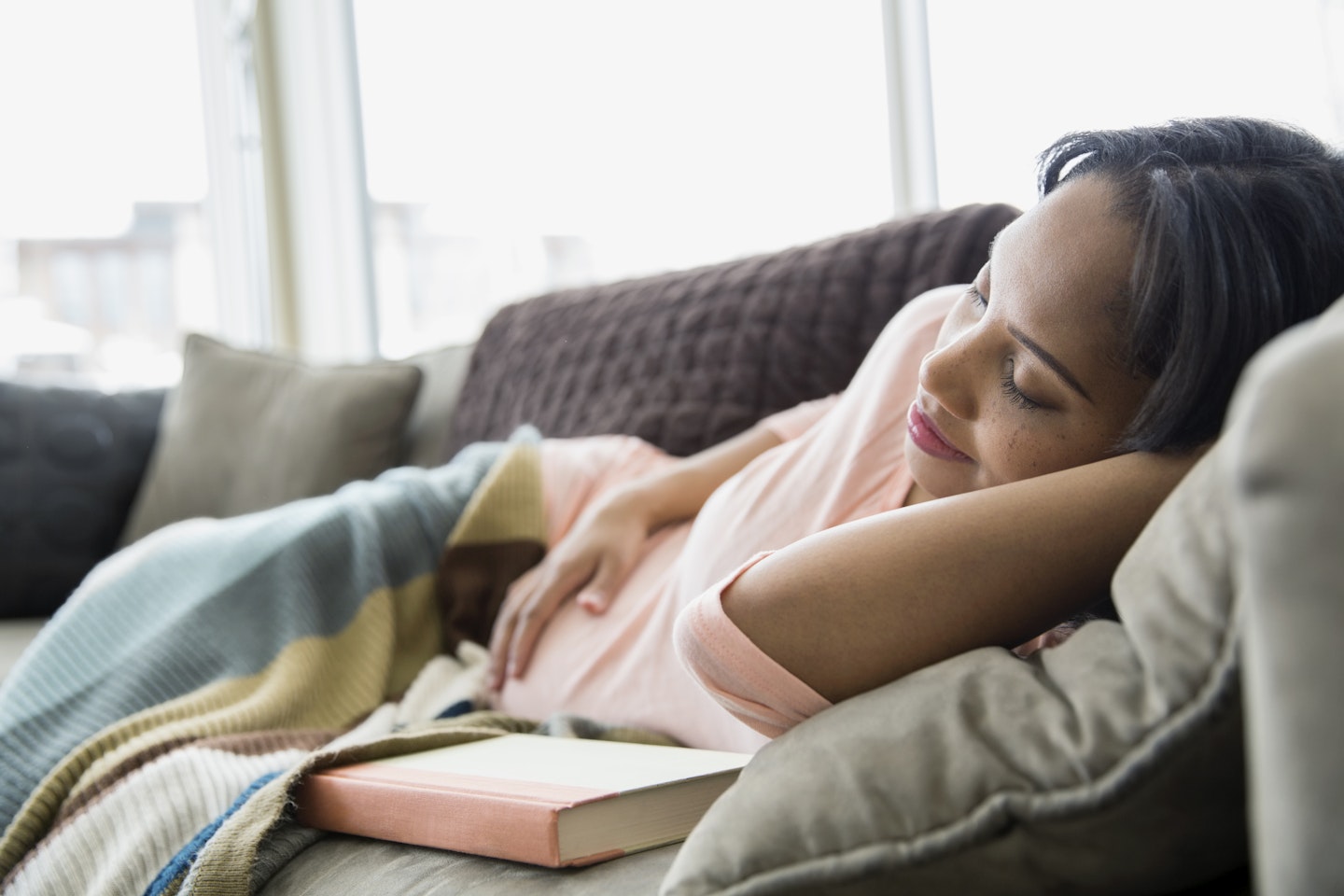 3 of 5
3 of 53) Doing a lot
Another cause of cramps is doing exercise. This is it's way of telling you that you should take some time to rest. It can also be after sex and an orgasm.
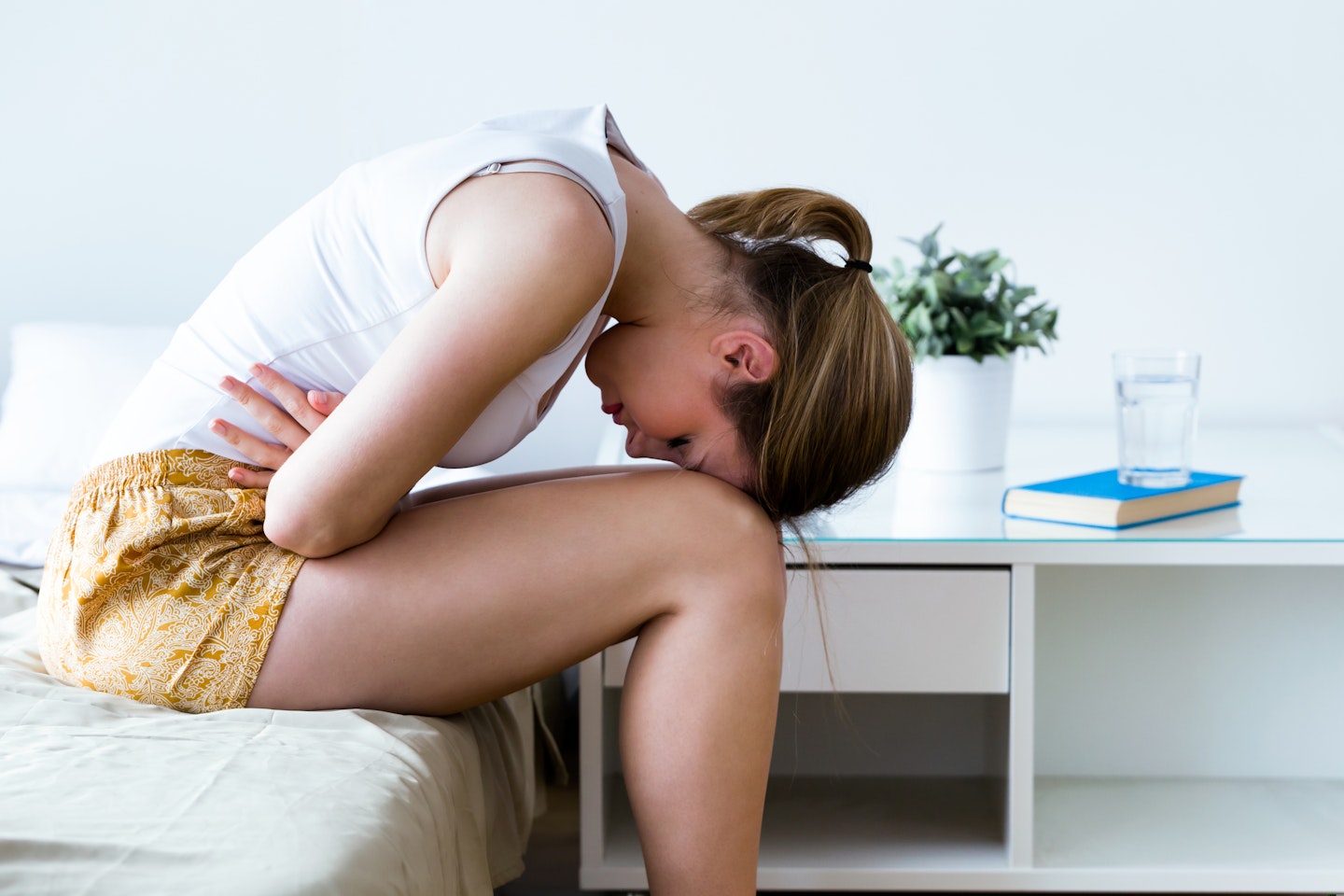 4 of 5
4 of 54) UTI
UTIs can also cause tummy pain and sometimes, will hurt when you pee. But it can be treated easily and is common for pregnant women.
 5 of 5
5 of 55) Implantation
When the egg implants itself into the lining of the womb, this may cause some cramps. This is known as implantation cramping and can be the first sign of pregnancy.
How to treat cramping in early pregnancy
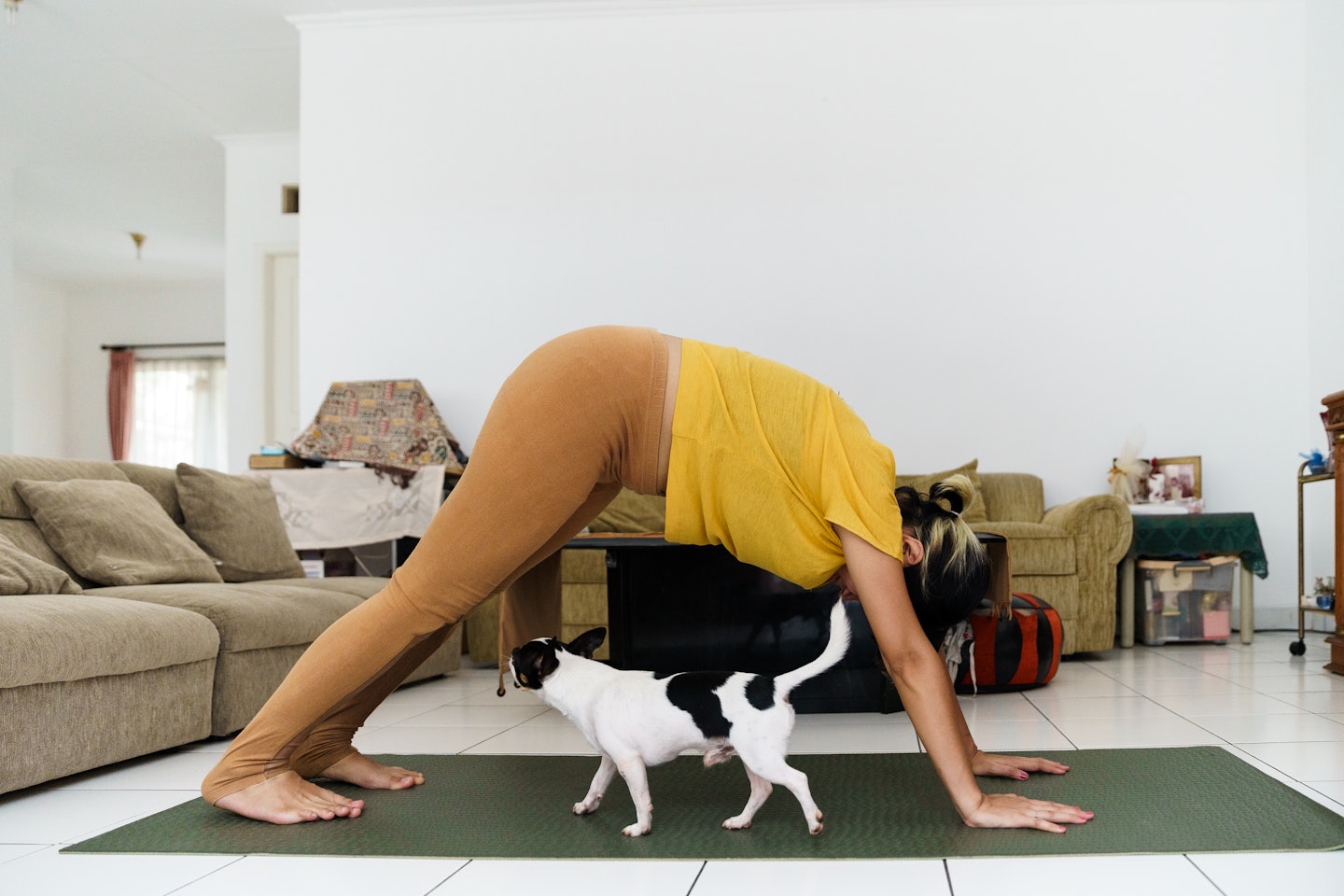
-
Drink plenty of water: Especially if it's down to constipation, and you're more likely to experience cramps if you're dehydrated, the best thing to do is to drink plenty of water.
-
Move around: Changing positions or even doing some stretches or exercises can soothe any cramps and can prevent more from happening.
-
Take paracetamol: If you feel you need something more to relieve the pain, take some paracetamol. However, no medication is proven to be safe to take, so consult with a health professional first if they are causing you a lot of discomforts.
-
Sleep: Make sure you get eight hours of sleep every night as cramps can occur when you are sleep deprived.
When to worry:
To be on the safe side, you should always contact a healthcare professional if you're worried about cramping.
Seek help if your cramps are accompanied by any of the following symptoms::
-
Fever or chills
-
Spotting or bleeding (with or without cramps)
-
Severe headache
-
Vision changes (including blurred vision, seeing flashing lights or spots, sensitivity to light, or temporary blindness)
-
Pain or burning during urination, difficulty urinating or blood in your urine
-
Dizziness or feeling faint
If your stomach pains persist and you are worried, call your midwife or maternity hospital. Conditions that can cause stomach pain and need to be checked urgently include:
Ectopic pregnancy: An ectopic pregnancy is where the egg implants outside of the womb, usually in one of the fallopian tubes. The pregnancy cannot survive and must be removed.
Miscarriage: Cramping and bleeding before 24 weeks can sometimes be a sign of a miscarriage.
Preeclampsia: A persistent pain under the ribs and particularly on the right side could mean preeclampsia which is high blood pressure in pregnancy.
Premature labour: If you're having regular abdominal cramps or tightenings, and you're less than 37 weeks, call your midwife. This could be a sign of premature labour, and you'll need to be monitored at hospital.
Placental Abruption: Placental Abruption is where the placenta comes away from the womb and starts bleeding. The NHS says you should go to the hospital so you and your baby can be checked.
This site provides general information and discussions about pregnancy/health and related subjects. The information and other content provided on this site, or in any linked materials, are not intended and should not be construed as medical advice, nor is the information a substitute for professional medical expertise or treatment.
Always seek the advice of your doctor or your health care provider for professional medical advice. Never disregard professional medical advice or delay in seeking it because of something that have read on this site or in any linked materials.
